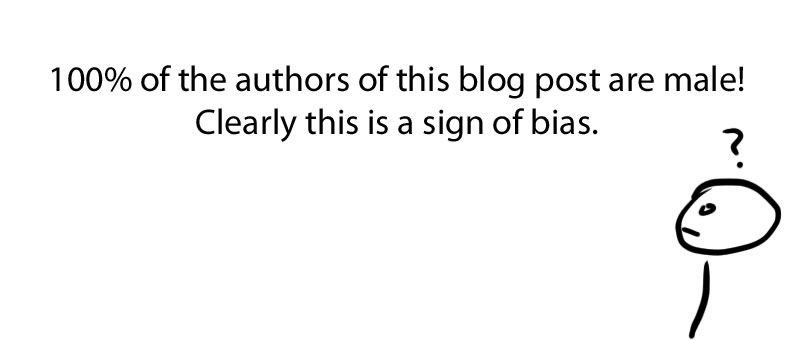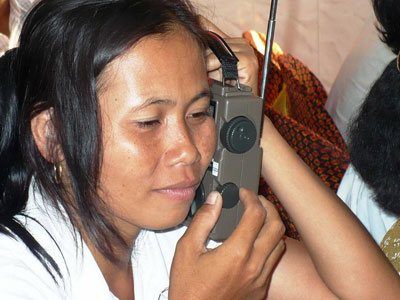Cherish, one of my bloggy friends, suggested I read her post on instructional technologies. The title hadn't grabbed my attention while zipping through my RSS feeds this morning, so I'm glad she encouraged me to check it out. I'm still processing all the information in the post, but the first thing to hit me was the research that shows lectures aren't a very effective way to teach. Yet educators and professors across the country continue to stand in front of the class in an attempt to impart knowledge to their charges.
Check one for homeschooling. It's not often we engage in a lecture. Reprimanding a child... that's different, and yet, possibly, equally ineffective <smile>.
That's not to say formal education itself is pointless. Rather, the methods and tools we utilize can be more or less beneficial. Which brought me back to a discussion I had the other night after watching Waiting for Superman. There are far more factors involved in the success of certain charter schools than simply a lack of unions and poor teachers. In fact, thinking about the statistics, the deciding factors are likely the parents and the home life of these students. The perspective that getting a better lecture will redirect your life appears is blindingly short-sighted.
And yet, the environment and methodology of teaching can have a profound impact on a student's desire to learn and grow. I can name the high school and college classes I took which drained my will to learn faster than a toilet flushes water. And then it hit me: Learning opportunities--like classes, lectures, books, online videos, articles, discussion, or curricula--are the catalyst for learning rather than the mechanism. As many have said before, the best learning opportunities give you a thirst for knowledge. You are the one who does the learning.
I'm personally very excited about online learning opportunities--considering I just finished creating one. The ability to find lessons on just about any topic you can imagine is thrilling. The classroom of the future is being molded today. And I'm looking forward to seeing where we end up.
One last point: Great literature is still one of the most powerful ways to learn. It allows us to wrestle with big ideas and discover worlds and interests outside our own. So if you're looking for a non-lecture-based, literature-rich homeschool curriculum, Sonlight's a great option.
~Luke Holzmann
Filmmaker, Writer, Empty Nester
P.S. I had an opportunity to be a guest on the Christlike Thinking podcast. Listening to myself, I say "umm" a lot <sigh>. But toward the end, after I got on a roll, I did a bit better. We covered some interesting stuff. You can download the .mp3 here: http://www.brucesabin.com/podcast/Luke_Holzmann.mp3








